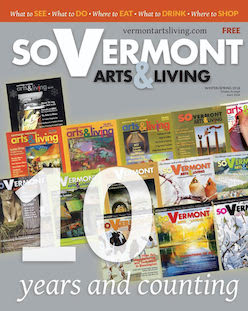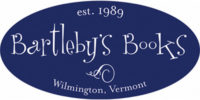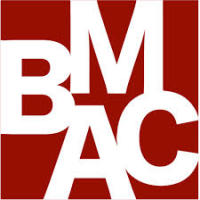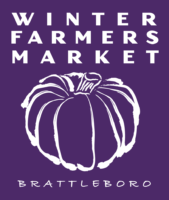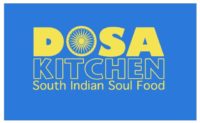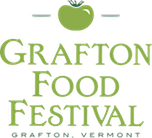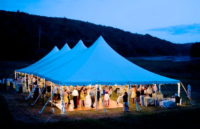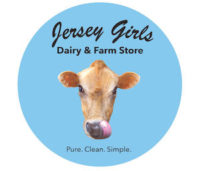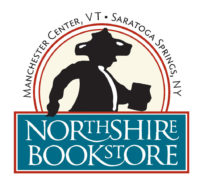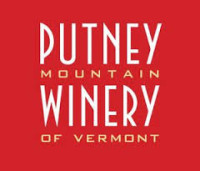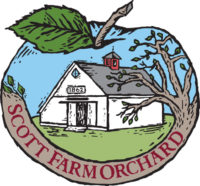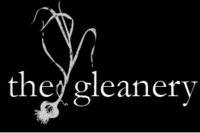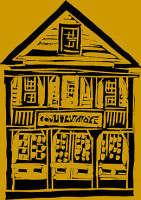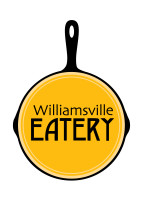Vermont’s Artisan Cheeses
Vermont’s Artisan Cheeses
It takes a lot more than a folksy looking label to be able to call a food product artisan. To be legitimate, the food must make a statement about where it comes from and who grows or produces it. Such a statement is loud and clear in the cheeses produced at Peaked Mountain Farm in Townshend. On a road that winds up a hillside above the village center, Bob and Ann Works and their helpers annually produce about 1,500 pounds raw sheep milk cheeses, as well as cow and mixed milk varieties.
Such a statement is loud and clear in the cheeses produced at Peaked Mountain Farm in Townshend. On a road that winds up a hillside above the village center, Bob and Ann Works and their helpers annually produce about 1,500 pounds raw sheep milk cheeses, as well as cow and mixed milk varieties.
Because their sheep graze on wild grasses, including plants such as wild mint and thyme in the meadows, their feta, Camembert and Tomme cheeses cannot help but have the flavor of Vermont in every bite. Rather than blending particular nuances out of the finished product to produce something “standard,” artisan cheese makers like the Works  commit to the opposite. They strive to identify and enhance the uniqueness of their product, to make it taste like nothing else but what it is — that’s what makes it artisan. A subtle suggestion of what winemakers refer to as terroir is now also the sacred mantra of specialty food farms like this one. The farm also has an artisanal bakery with breads available from the farm and at local inns and restaurants. It also offers classes in bread and sausage making and students from around the world participate as interns specializing in animal science and culinary arts.
commit to the opposite. They strive to identify and enhance the uniqueness of their product, to make it taste like nothing else but what it is — that’s what makes it artisan. A subtle suggestion of what winemakers refer to as terroir is now also the sacred mantra of specialty food farms like this one. The farm also has an artisanal bakery with breads available from the farm and at local inns and restaurants. It also offers classes in bread and sausage making and students from around the world participate as interns specializing in animal science and culinary arts.
The late Henry Tewksbury, who celebrated Vermont’s “land-to-cheese” continuum in his book The Cheeses of Vermont, described Peaked Mountain’s Camembert as having a “mouth-puckering tang.” Their cheeses and other artisan foods are available at the farm, as well as at the Brattleboro Co-op and other co-ops, or by mail order.
 By the way, if you head that way to tour the farm’s cheese room and then drive home on the back road, don’t be surprised to see 50 or 60 buffalo grazing a few fields over at Carl and Eloise Steiner’s East Hill Bison Farm. Their packaged cuts of inspected, low-fat, low-cholesterol meat are sold at the farmhouse. Buffalo entrees are also on the menu at some local eateries, including Townshend’s Dam Diner on Route 30.
By the way, if you head that way to tour the farm’s cheese room and then drive home on the back road, don’t be surprised to see 50 or 60 buffalo grazing a few fields over at Carl and Eloise Steiner’s East Hill Bison Farm. Their packaged cuts of inspected, low-fat, low-cholesterol meat are sold at the farmhouse. Buffalo entrees are also on the menu at some local eateries, including Townshend’s Dam Diner on Route 30.
Sticking to the state’s illustrious “Cheese Trail,” a tourism brainchild of the Vermont Cheese Council, leads hungry travelers to five more cheese makers situated in the southeastern corner of the state. Look at the map to find Vermont Shepherd at the Major Farm on Patch Road in Putney. Cheese maker David Major is credited with jump-starting widespread appreciation for specialty sheep’s milk cheeses made in Vermont over a decade ago.
Even though the 250-acre farm ships thousands pounds annually, the product is still considered artisan because there is a limited production. That’s the key: it’s made in small batches of 10 or 20 wheels, and given “love and attention” every single day throughout the entire 3 to 6 month aging process.
Patience is a common ingredient in all artisan products. If you have never tasted their signature cheese, expect to experience a rich creamy texture with an earthy flavor. No matter where you buy Major Farm’s Vermont Shepherd—in local stores or in California, Michigan or Tennessee—eventually, it, too, will be something your memory will hold onto forever as “tasting like Vermont.”
The Vermont Specialty Food Association, one of the nation’s first and most respected organizations for the specialty food trade, estimates that the state’s food producers generate over $1.0 billion in annual sales. The association represents over 100 specialty producers and is headquartered in Montpelier, Vt. With more people finding viable ways of staying close to the land, a century-old lament about Vermont’s “lost agriculture” is gradually being transformed into a chorus of praise for the state’s smartest, and in many instances, bravest, new entrepreneurs.




